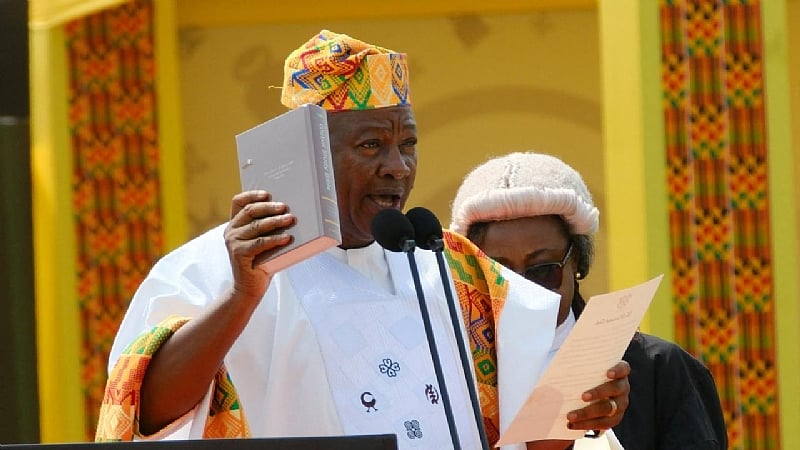President John Dramani Mahama’s upcoming State of the Nation Address (SONA) is poised to be a significant event in Ghana’s political and economic landscape. Mandated by Article 67 of the 1992 Constitution, the address will provide a comprehensive overview of the nation’s current state, outlining not only the challenges faced but also the government’s strategic roadmap for navigating these complexities and achieving national development goals. Following the recent formation of his Cabinet, the SONA is expected to articulate the administration’s policy priorities and provide insights into the direction Ghana will take in the coming months and years. The address holds particular weight given the economic difficulties facing the nation, and the public anticipates a clear articulation of the government’s plans for recovery and growth.
The anticipation surrounding the SONA is heightened by the recent Cabinet meeting, which addressed a range of critical national issues, setting the stage for the President’s address. Discussions encompassed security concerns, the country’s economic challenges, and the ambitious 24-hour economy initiative. The meeting served as a platform for key ministers and advisors to brief the Cabinet on the current situation in their respective sectors and to outline the government’s strategies for addressing these issues. This pre-SONA deliberation underscores the importance of the upcoming address as a platform to communicate these strategies to the nation and solidify the government’s commitment to addressing the challenges at hand.
Security, a paramount concern for any nation, was a key focus of the Cabinet meeting. The Defence Minister, Interior Minister, and National Security Coordinator provided assurances regarding Ghana’s overall security posture, acknowledging existing threats while emphasizing the government’s preparedness to mitigate potential risks. Their confidence in the country’s security apparatus and their commitment to maintaining stability signals the Mahama administration’s prioritization of citizen safety and national security. The SONA is expected to elaborate on these security strategies, potentially outlining measures to strengthen national defense and internal security.
The 24-hour economy initiative, a flagship project of the Mahama administration, also received significant attention during the Cabinet meeting. This ambitious initiative aims to stimulate economic growth by encouraging businesses to operate around the clock, thereby increasing productivity and creating more job opportunities. Presidential Advisor Goosie Tanoh provided an update on the initiative’s progress, indicating significant advancements in preparations for its full implementation. The announcement of a forthcoming briefing by a dedicated secretariat on the official roadmap signals the government’s commitment to transparency and its intention to engage the public in the rollout of this significant economic policy.
The Finance Minister’s presentation painted a stark picture of Ghana’s economic reality, revealing a graver situation than previously understood during the election cycle. This candid assessment underscores the administration’s commitment to transparency and sets the stage for potentially difficult but necessary economic decisions. While acknowledging the severity of the economic challenges, the Finance Minister also expressed optimism about the government’s plans for recovery, emphasizing the development of policies aimed at restoring stability and stimulating growth. This delicate balance of acknowledging the difficulties while maintaining optimism will likely be a key theme in the President’s upcoming address.
The SONA, therefore, is not just a constitutional obligation but a crucial opportunity for President Mahama to address the nation directly, outlining his vision for Ghana’s future and detailing the government’s strategy for navigating the complex challenges ahead. It will be a platform to articulate the government’s priorities, reassure the public about its commitment to national security and economic recovery, and lay out a clear roadmap for achieving sustainable development. The address will be closely watched by both domestic and international audiences as an indicator of the Mahama administration’s direction and its determination to steer Ghana towards a more prosperous and secure future. The specifics of the economic recovery plans, the details of the 24-hour economy rollout, and further elaboration on security measures are all eagerly anticipated elements of the upcoming address.


